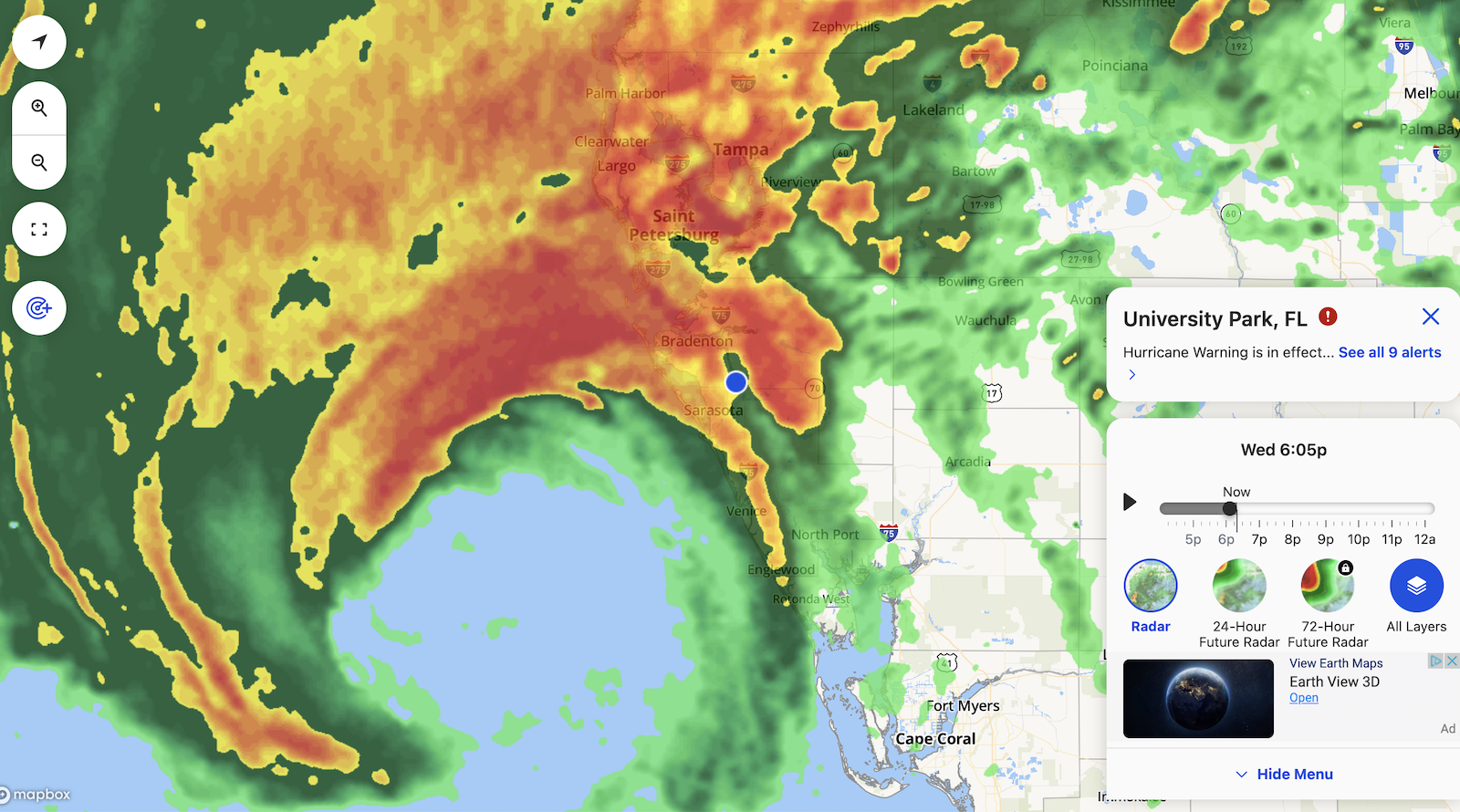Bussiness
Exclusive: Jamie Dimon says India is poised to take advantage of US-China tensions – CNBC TV18

Dimon said the US has become overly dependent on China for critical resources such as rare earths, semiconductors, and pharmaceutical ingredients. This dependency poses significant risks, especially as policy disagreements between the US and China intensify. Dimon pointed out that China’s strategies to bolster its industries have led to concerns about its dominance on the global stage.
“I would caution (against) industrial policy being used for regulations, bureaucracy, politics, votes, social, it’s not going to work. So you have to be a little cautious when you use it. But you got to have some and like I said, America and India must have a great economic relationship,” he added.
The concept of “China +1” presents a substantial opportunity for India as companies look to diversify their supply chains away from China. However, Dimon cautioned that this transition will take years as firms navigate the complexities of relocating operations.
“It has just started, it would take years- you’re talking about 5, 10, 15 years. So even if it’s going to take place, it’s going to take a long time, but companies are doing it on things like iPhone. I know you have iPhone production. So some things can move quick, some will take years — a huge opportunity for India. People call it the China +1 strategy. Companies that relied solely in China are looking at India, Vietnam, Malaysia Indonesia, etc,” Dimon said.
Geopolitical conflicts, including the situations in Ukraine, Russia, Israel, and Iran, further exacerbate the ongoing tensions between the US and China. Dimon noted that these conflicts place China in direct opposition to American interests, raising questions about the future of US-China relations. He speculated that more contentious issues will likely arise between the two powers if the current conflicts persist.
As the global landscape evolves, Dimon’s insights underscore the potential for India to emerge as a key player in the shifting economic order, capitalizing on the vulnerabilities of its larger neighbour.
(Edited by : Ajay Vaishnav)
First Published: Sept 24, 2024 7:02 AM IST










